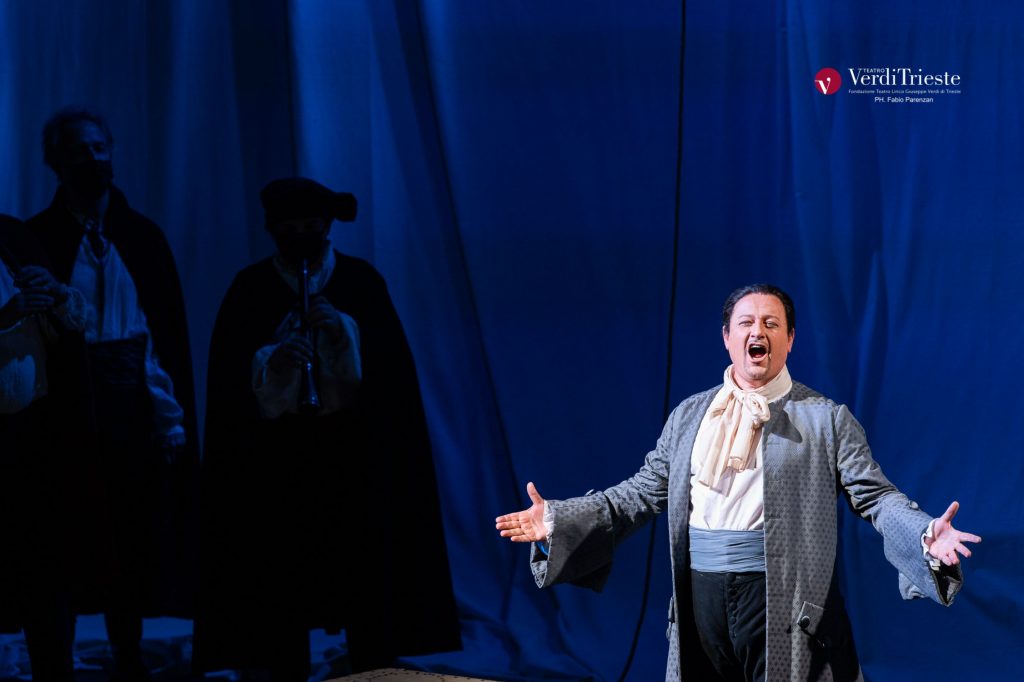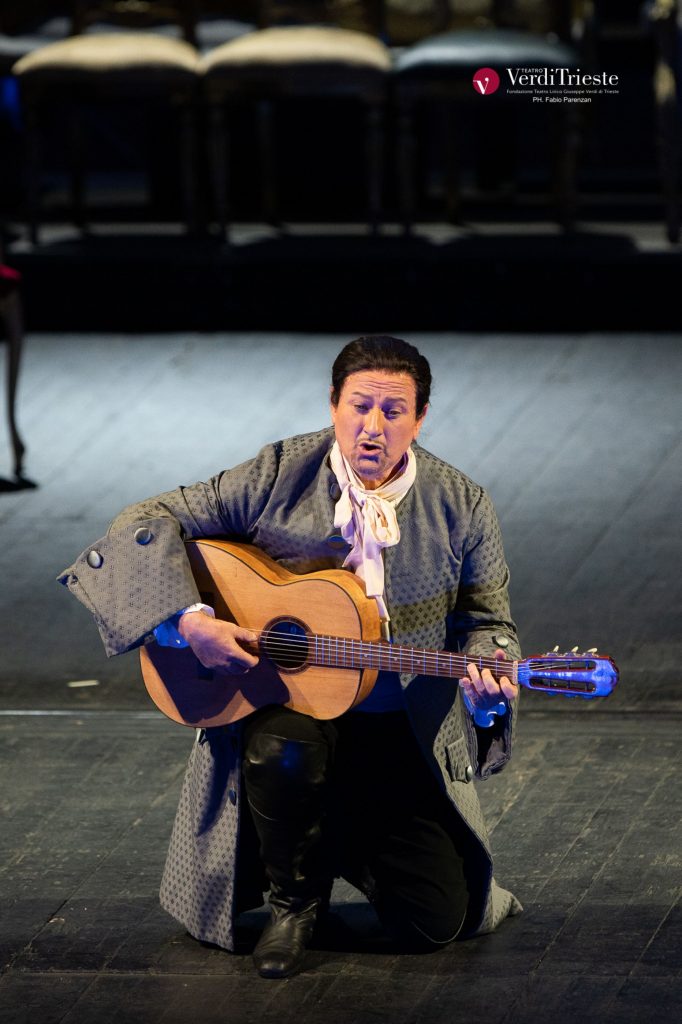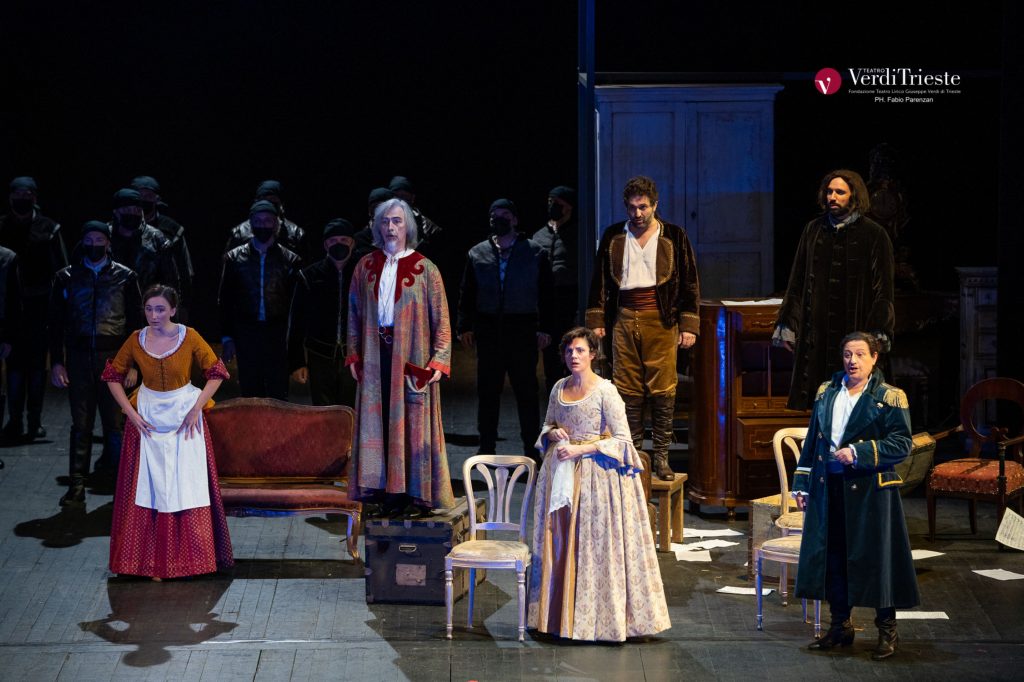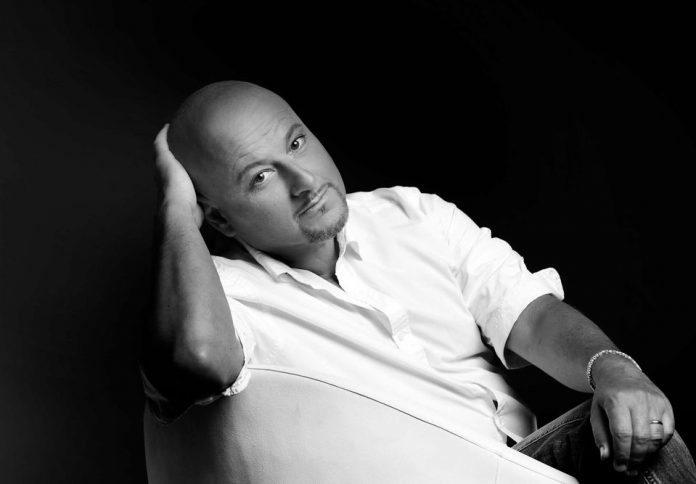by Alessandra Ressa
Antonino Siragusa is nationally and internationally known as one of the greatest Rossini interpreters of our time, with the Count of Almaviva in Barber of Seville being one of his signature roles.
Although his job forces him to move around a lot, his is a familiar face and voice for Opera lovers in Trieste. The 57-year old tenor has recently interpreted Almaviva at Verdi theater. He performed it with great ability, diving into the coloratura with incredible precision and elegance and splendid high notes. The ovation that followed was endless.
With that performance he proved once again that his relationship with Almaviva is strong and enduring, just like the one with Trieste.
Meet tenor Antonino Siragusa, Sicilian by birth, Triestino by choice.
Why did you move to Trieste?
I moved to Trieste 22 years ago for love. Although I sometimes miss my hometown Messina, in Sicily, I have never regretted my choice. Trieste is a wonderful town, clean, safe, perfect for raising a family, with a lot of culture and history. I remember being amazed the first time I saw beautiful Piazza Unità from Molo Audace, where I took my first Triestine stroll.
What is the thing you like best about Trieste?
I love having the sea so near. When I catch the first glimpse of blue coming back into town from Strada Costiera I always feel overjoyed. My favorite spot in Trieste is, however, a place that can’t be appreciated by most, and I feel very fortunate I’m one of the lucky few. I simply adore the sea-front changing rooms at Verdi theater. You cannot imagine the breathtaking views I enjoy from up there while getting ready for a rehearsal or a performance. They are probably the changing rooms with the best view in the world.
Is there something you don’t like about Trieste?
I guess it is part of its frontier peculiarity and charm, but I think one major problem is its very poor connection to the rest of Italy and Europe. Located at the very Eastern end of Northern Italy, Trieste is simply not a place you stop by on your way elsewhere. You need to go that extra way to reach it. And it takes time both by car and train. To make things worse, there are very few flights from Trieste airport. With the pandemic of course things have become even worse. Once you get into town, however, you are always glad to finally be there.

You are considered one of the best Rossini interpreters today, particularly in the role of Count of Almaviva, in the opera Barber of Seville. How difficult is it to sing Rossini? How did you begin your career?
I began my career 27 years ago as a Donizetti tenor with Elisir D’Amore. Soon the opportunity to embrace Rossini came along, and with my one and only teacher Antonio Bevacqua I began to study hard to improve my vocal agility and coloratura. The key to success with Rossini is to combine these two with speed, while making sure all that you sing is perfectly understandable by the audience.
Do you ever wish to change your repertoire?
I have sung in the opera Barbiere di Siviglia 363 times. Yes, quite a lot of times…. Not many singers today can reach this specific quality of acutes, which make me different from a traditional tenor, so I sometimes feel like one of the immortal highlanders from the popular movie with Mel Gibson…. “until only one will remain standing”… Every time I am selected for the role of Almaviva, they know it will be a success. The problem with highly specialized Rossinian singers like me is that you end up with a sort of stigma. You should have the courage to say ‘stop’. But then, will they trust you? Will people appreciate you in different roles, with a different vocal timbre and coloration? With a highly specialized Rossini background, it is not easy to be convincing when you tackle a different repertoire.
What artistic dream do you have?
Voices deepen and grow darker with years, which accounts for the fact that many tenors like myself explore other types of repertoire. I have sung in Traviata and Lucrezia Borgia, where I came very close to a traditional tenor role. I would like to continue listening carefully to my voice and train it to become fuller. My dream, one day, is to be Rodolfo in Bohème, performed in Covent Garden…

How difficult do you think it is today for young people to pursue a career as opera singers? Why is it that fewer and fewer people of the new generations seem to be interested in opera?
Singing is hard work. It requires a lot of studying and training every day. There are so many factors that will determine your career. First, to be an opera singer today you need to have a pleasant appearance and good acting skills because more often than not operas are televised. In the past, it was the listening that counted. Second, you need good teachers and good specialized schools. The wrong teacher could compromise your future. On top of that, the pandemic has certainly made things worse. For an aspiring artist it may be difficult to imagine a career in singing when the immediate future of theaters still remains uncertain. It is also true that you don’t see many young people sitting in the audience at operas, and this is surely because there is very little education in Italian schools on this specific and important part of our culture. Nonetheless, I still encourage young people to pursue this fulfilling career with all their heart. And I’m saying this with the most sincere confidence, being a proud dad of two sons, 23 and 16, who are both singers and musicians.
Do you hope your kids follow in your footsteps?
I’m very happy that both love music. My kids have been sitting in the audience waving to me since they were really little at most of my performances around the world. Sometimes I even take their advice that I then use on stage. I think my youngest, Lorenzo, may end up a baritone. My eldest Andrea, on the other hand, is definitely a tenor but is not interested in singing opera. He is a guitar and piano player, and is an excellent pop singer. His most recent single Piazza Unità was selected in a very popular national TV competition and has become quite a hit in the past few weeks. In 2020, immediately before the Covid-19 pandemic broke out, he gave his first concert in Japan. We both love Japan, I performed there too. I was impressed by the great interest the Japanese express for the Italian opera and culture in general.

What’s next for your many Trieste fans?
I’ll be back on stage in Trieste next April at beautiful Verdi Theater with the role of Ernesto in Donizetti’s Don Pasquale.





























